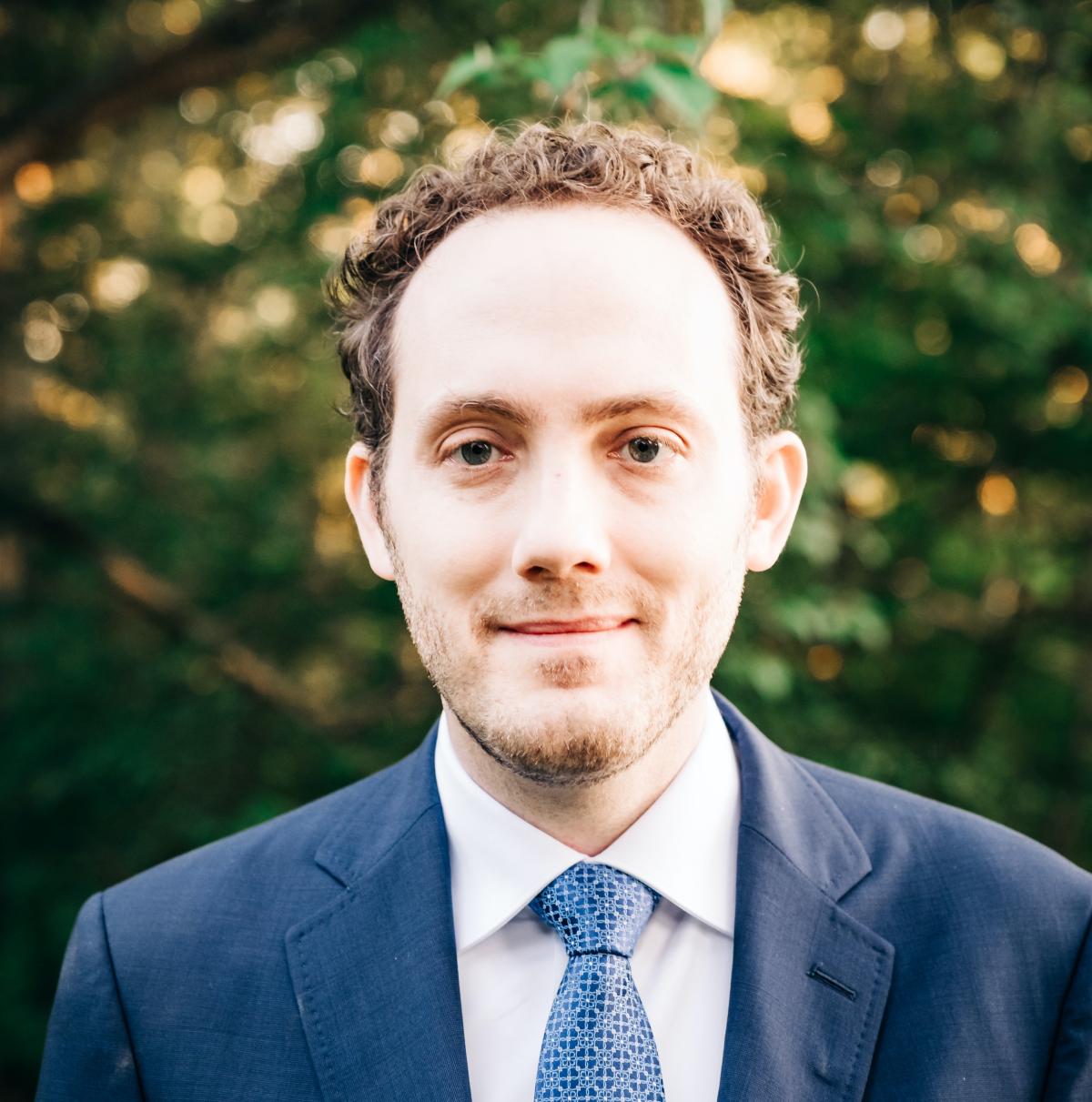
Micah Ziegler, assistant professor in Georgia Tech's School of Chemical and Biomolecular Engineering and School of Public Policy, is one of more than 50 early career researchers selected as Fellows for the first meeting of a three-year Scialog initiative to spark advances in the mining, design, manufacture, and disposal of materials needed to achieve a more sustainable and low-carbon energy system.
Ziegler evaluates sustainable energy and chemical technologies, their impact, and their potential. His research helps to shape robust strategies to accelerate the improvement and deployment of technologies that can enable a global transition to sustainable and equitable energy systems. His approach relies on collecting and curating large empirical datasets from multiple sources and building data-informed models. His work informs research and development, public policy, and financial investment.
Scialog: Sustainable Minerals, Metals, and Materials, set to begin in September 2024 and continuing through 2026, is co-sponsored by Research Corporation for Science Advancement and the Alfred P. Sloan Foundation, with additional support from The Kavli Foundation. Scialog, created by RCSA in 2010, is short for “science + dialog.”
Click here for the list of Fellows and Facilitators who will be attending the 2024 Scialog: Sustainable Minerals, Metals, and Materials meeting. More names will be added as they are confirmed for 2024’s meeting, and further opportunities for Fellows to join the initiative will become available.
This interdisciplinary community of Fellows represents institutions across the United States and Canada, and brings together expertise from fields including chemistry, materials science, geology, ecology, engineering, mining, computational science, physics, and more, all with an emphasis on how to ensure a sustainable future. The goal of Scialog is to facilitate connections among scientists from a variety of disciplines so they can discuss challenges and bottlenecks to advancing fundamental science, to build community around visionary goals, and to develop ideas for innovative team projects.
Senior scientists will serve as Facilitators to frame the large questions under consideration, and to evaluate proposals for novel, high-risk research that can best be explored in a collaborative, multidisciplinary way. The most promising of those team projects will be awarded seed funding.
Sustainable Minerals, Metals, and Materials, or SM3, will be RCSA’s third Scialog co-sponsorship with the Sloan Foundation.
RCSA’s other upcoming Scialog meetings will include the first year of Automating Chemical Laboratories in April 2024, the third year of Molecular Basis of Cognition in October 2024, and the first year of Early Science with the LSST in November 2024.